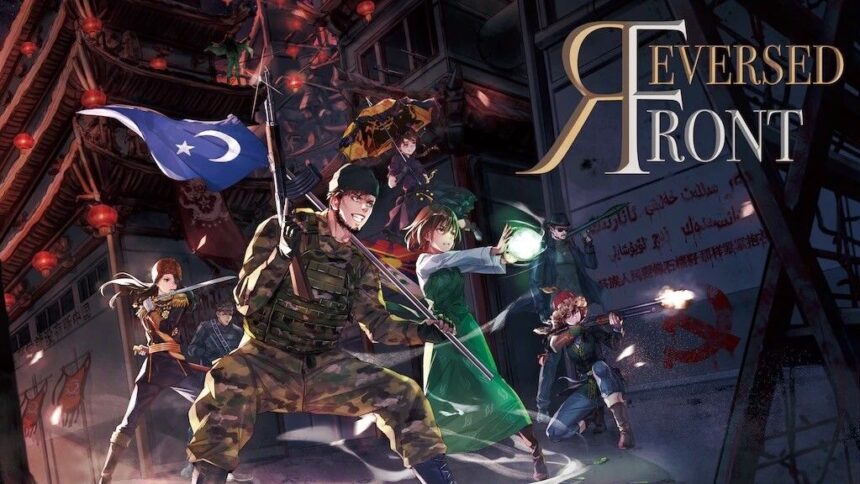Mobile Game Declared “Seditious” Under China’s Expanding Internet Control
In a move that has reignited global concerns about freedom of speech in Hong Kong, authorities have banned the mobile game “Reversed Front: Bonfire”, citing violations under the controversial National Security Law (NSL). The game allegedly encourages sedition by allowing players to roleplay as fighters pledging allegiance to Taiwan, Hong Kong, Tibet, or Uyghur groups in an attempt to “overthrow the Communist regime”.
Police warned that residents who download or share the game could be considered in possession of “a publication with seditious intent”, a charge that carries criminal penalties under the law imposed by Beijing in 2020.
What Is Reversed Front: Bonfire?
Developed by Taiwanese studio ESC Taiwan, Reversed Front: Bonfire was launched in April 2025. According to the game’s official website, players can choose from various political factions and simulate combat scenarios in regions like Taiwan, Mongolia, Hong Kong, and Xinjiang. A disclaimer on the site says the game is “a work of non-fiction,” and that any resemblance to real people or institutions is “intentional.”
Ironically, the game also allows players to take on the role of Communist fighters, supporting revolutionary causes. Despite this, Hong Kong police declared that the app’s “true intent” was to promote secessionist ideologies.
Police and Government Reaction
In a strongly worded statement, Hong Kong’s national security department said:
“‘Reversed Front: Bonfire’ was released under the guise of a game with the aim of promoting secessionist agendas such as ‘Taiwan independence’ and ‘Hong Kong independence’.”
The department also cautioned against funding ESC Taiwan, the developer, and warned residents to uninstall the game immediately. The app has since been removed from both Google Play and the Apple App Store within Hong Kong.
Online Buzz and the Streisand Effect
The ban has had an unintended consequence — increased visibility. On Wednesday, “Reversed Front” became the top trending search on Google in Hong Kong. The developers welcomed the unexpected publicity, stating on their official channels that the game had now been “introduced to the entire Hong Kong.”
This phenomenon, often referred to as the Streisand Effect, highlights how attempts to suppress information online can result in greater public interest.
Hong Kong’s Shrinking Freedoms
Since Beijing implemented the National Security Law in 2020, critics have warned that it severely restricts civil liberties in Hong Kong. The legislation criminalizes:
- Sedition
- Subversion
- Secession
- Collusion with foreign forces
Prominent pro-democracy figures like Jimmy Lai and Joshua Wong have already been jailed under this law. While Beijing argues the NSL is essential for stability, human rights groups say it has been used to crush dissent, freedom of speech, and press freedoms.
Is Gaming the Next Frontier for Dissent?
Games like Reversed Front represent a new digital battleground for political messaging and dissent. As technology continues to evolve, so too do the ways in which opposition voices seek to express themselves. While art, literature, and journalism have historically been mediums for protest, interactive storytelling in games is now emerging as a potent tool.
Conclusion
The banning of Reversed Front: Bonfire may be a small chapter in the broader story of Hong Kong’s political transformation, but it is a potent symbol of how deeply censorship is permeating everyday life. From newsrooms to gaming apps, the reach of China’s national security apparatus continues to grow, raising alarm bells for digital freedom advocates across the globe.
For more on censorship trends across Asia and the globe, check out our article on Global Censorship Trends 2025.


